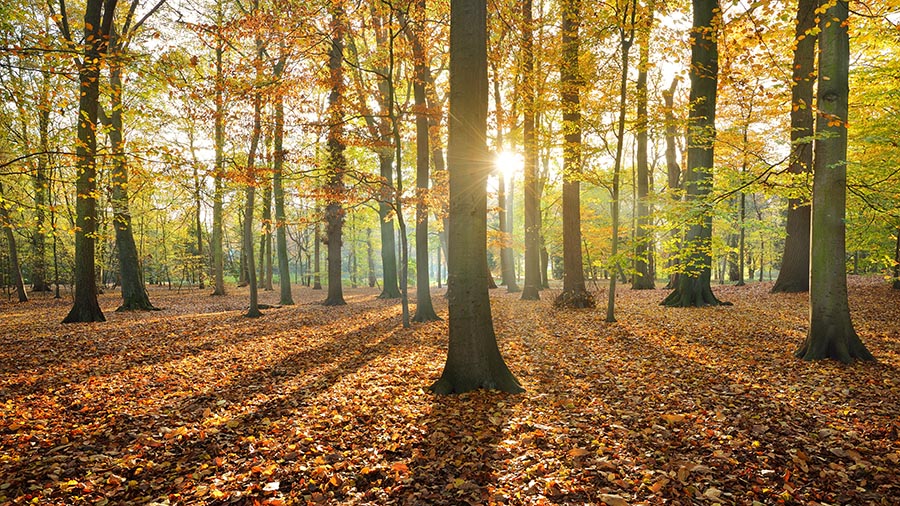A Day in the forest
Students of our Environment & Climate Politics module are usually asked to think about the environment and climate change from within the walls of a seminar room or a library. So a trip out to the Heart of England Forest in March 2023 for 14 of them and their friends seemed like a perfect way to reflect on our situatedness within nature. A tour of some of the forest, its history, management and biodiversity led by one of the foresters was followed by a picnic on a hill, overlooking avenues of trees, a stately home, a local brewery, as a motorway hummed in the background. We were then treated to a creative writing class in the middle of a lime tree grove. Exchanging seminar chairs for a fallen trunk, and as deer darted away behind us, in learning rudimentary poetry writing we also started to find new words to express our human interaction with nature.
Surveys completed by the group revealed a number of interesting reflections about their experience. A majority of them appreciated simply the chance to learn more; to think about forests as a managed space; and to understand the structures and interventions needed to promote a healthy biodiversity. They loved the ‘fresh air’ away from the noisy city where, in term time, they spend little time outside. As a learning space, they all believed that ‘the experience of being in the forest changes how you learn’ and that ‘your surroundings and outdoor environment make you learn more effectively’. As an observer, it was interesting to see the level of mutual engagement with and curiosity about one another in this space. And it is no surprise that they found the forest calming, leading some of them to reflect on the importance of nature for dealing with eco-anxiety.
Thinking about the creative writing exercise itself, our aim was to help us to ask different questions and to push us beyond the limits of Political Science and International Studies. Echoing Haraway’s assertion that ‘It matters what stories make worlds’, a number of the students thought carefully about their standpoint. One noted: ‘I feel it’s important to change the stories we tell about the world in order to treat it better, and creativity is essential to that’. And another observed: ‘There was no rulebook for creating the climate crisis, there is no rulebook for solving it – there are a myriad of possible solutions and it’s up to each individual/community to use our (limited) knowledge and creativity to decide what we can/wish to do with our time and energy.’ How we harness that creativity and the benefits of forest learning within the classroom is our next challenge.
Julie Gilson
